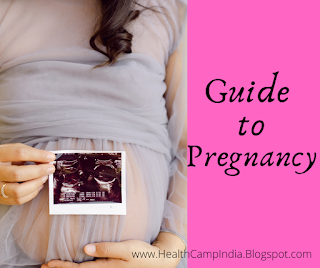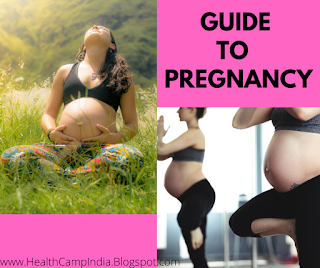Pregnancy is an exciting and transformative time for women, but it can also be challenging. To ensure the best possible outcome for both you and your baby, it is important to follow the guidance of your gynaecologist.
In this article, we will discuss tips from gynaecologists for pregnant women, including how to maintain a healthy diet, get enough sleep, avoid risky substances, attend prenatal check-ups and much more.
These tips will help you navigate through pregnancy with confidence and will help you and your baby to stay healthy and safe.
- Follow a healthy diet: A balanced diet rich in fruits, vegetables, and whole grains can provide the essential nutrients that your body needs during pregnancy.
- Exercise regularly: Moderate exercise, such as walking or swimming, can help to improve your overall health and well-being during pregnancy.
- Get enough sleep: Aim for 7-8 hours of sleep per night to help your body recover and stay energized.
- Avoid risky substances: Avoid smoking, alcohol, and drugs during pregnancy to protect the health of your baby.
- Take prenatal vitamins: Take prenatal vitamins prescribed by your gynaecologist to ensure that you and your baby are getting the necessary nutrients.
- Attend prenatal check-ups: Regular prenatal check-ups with your gynaecologist are important to monitor the health of your baby and address any potential complications.
- Be aware of warning signs: Be aware of warning signs such as bleeding, severe cramping, or difficulty breathing, and contact your gynaecologist right away if you experience any of these symptoms.
- Ask questions: Don't hesitate to ask your gynaecologist any questions you may have about your pregnancy, including what to expect during labor and delivery.
- Keep yourself informed: Educate yourself about pregnancy, childbirth, breastfeeding, and parenting so you can make informed decisions.
- Listen to your body: Trust your body and listen to it, if it tells you to rest or to seek help, don't hesitate to do so.




